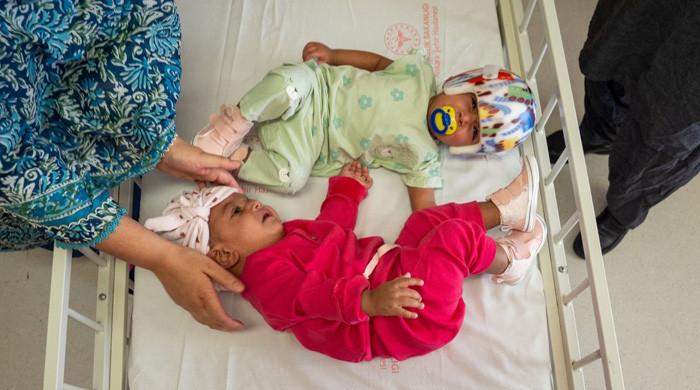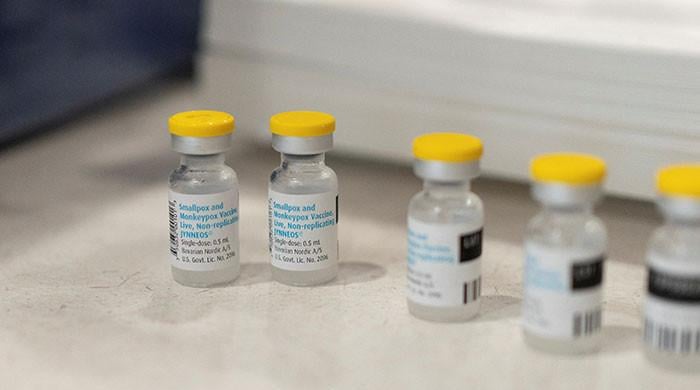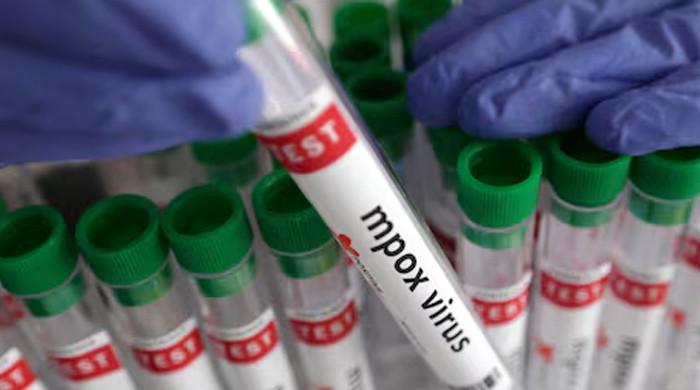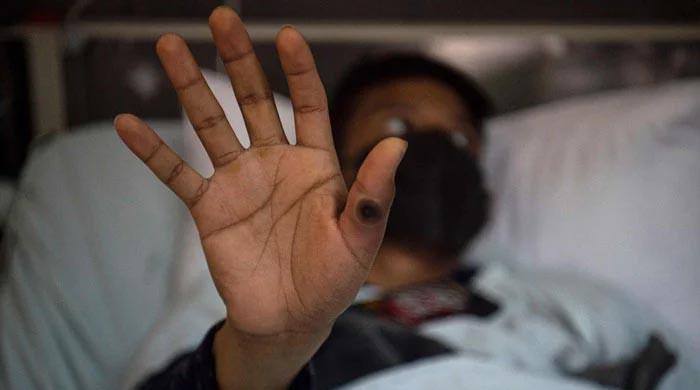Although the Covid-19 pandemic has waned, healthcare facilities are still grappling with workflow challenges and resource constraints, particularly impacting women’s health.
Can AI really bridge the gap in women’s healthcare?
Specialties such as breast radiology and cytology are facing significant backlogs, delaying timely diagnosis and treatments.
Artificial intelligence (AI) presents a promising solution to these challenges. For over a decade, AI has been making strides in healthcare, offering innovative alternative ways to improve patient outcomes when all else fails.
As AI technology advances, it shows great potential in enhancing detection capabilities, reducing backlogs, and streamlining workflows. This, in turn, could significantly improve access to preventive care for women, playing a crucial role in advancing women’s health globally.
We are literally on the brink of unprecedented shifts in technology, with AI set to revolutionise various industries.
image by LiliGraphie
How could AI tools be integrated in healthcare?
AI involves programming machines to mimic human cognitive functions, enabling them to recognize patterns, make predictions, and even generate new content such as text, images, audio, and video. Generative AI (GenAI), a subset of AI, excels in creating new content based on learned data patterns.
AI’s integration into diverse sectors is revamping operations, boosting efficiencies, and cultivating much needed reorganisation. Its impact on healthcare is particularly profound, with the potential to redefine various aspects of the industry. By addressing long standing gaps and disparities, AI is likely to play a pivotal role in enhancing women’s healthcare, ensuring more timely and accurate diagnoses, and ultimately improving patient outcomes
Despite making up 51% of the global population, products and services specifically tailored to women’s health needs continue to lag behind. According to a McKinsey report, women spend an average of 9 years in poor health—that’s a whopping 25% more time than men. As a result, productivity and earning potential are simultaneously impacted.
Artificial intelligence (AI) is showing great potential in tackling major challenges within the healthcare industry and accelerating the creation of women-specific products and services. For instance, the European Council’s recommendation to use digital breast tomosynthesis (DBT) for breast cancer screening has increased the number of images radiologists must examine. AI tools like Hologic’s 3DQuorum Imaging Technology can help by minimising the number of images to be reviewed. This technology produces high-resolution, 6mm overlapping SmartSlices without compromising image quality, sensitivity, or accuracy. Using SmartSlices reduces the workload for radiologists by two-thirds, saving them about an hour of interpretation time each day.
Typically, breast screening images require a second reader to ensure accuracy, which adds to the radiologists’ workload. AI has the potential to take over this role by efficiently identifying areas of concern within mammograms, thus speeding up the review process allowing radiologists to work more efficiently without sacrificing accuracy.
AI’s capabilities can significantly improve women’s healthcare by addressing key issues, enhancing diagnostic precision, and streamlining medical imaging processes. This not only aids healthcare providers but also ensures that women receive timely and accurate diagnoses, leading to better overall health outcomes.
With every passing day, we are closer to a healthcare system that is completely digitised and powered by artificial intelligence. Advancements in remote reading are paving the way for facilities in remote or underserved areas to access top-notch imaging and diagnostic services without facing logistical hurdles. For women who travel long distances for screenings, AI can play a crucial role in triaging. In the past, radiologists had to interrupt their workflow to quickly review results for these patients. Now, AI tools can flag areas of concern in real-time, allowing radiologists to prioritise complex cases. This technology is especially beneficial in breast and cervical cancer screenings, ensuring patients with urgent needs receive timely diagnosis, thereby improving their overall care experience.
The Road Ahead
The role of AI in healthcare is set to expand significantly in the coming years. Embracing innovation should include leveraging these advanced algorithms, particularly to make strides in women’s health. Current technologies are already helping to address backlogs in breast and cervical cancer screenings and enhancing early detection capabilities. Companies at the forefront of this movement must continually refine their technologies to improve patient care, focusing on inclusivity and accessibility so that women everywhere can benefit from these advancements.
Healthcare is a massive global industry, valued at $12 trillion. According to Binarks, the global AI healthcare market was worth $16 billion in 2022 and is projected to grow at an annual rate of 40.2%, reaching $173.5 billion by 2029. The integration of AI in healthcare is rapidly evolving, offering the potential to significantly enhance patient care, reduce costs, and accelerate medical research.
Our current healthcare systems are under immense strain and could crumble anytime soon, there is a pressing need to shift from a volume-based model focused on budgets, business models, and waiting lists to a more holistic approach centred on preventative medicine.
AI has a crucial role to play in this new proposed paradigm, helping to create a healthcare system that is more efficient, effective, and accessible for all.

 Technology6 مہینے ago
Technology6 مہینے ago
 Pakistan7 مہینے ago
Pakistan7 مہینے ago
 Sports6 مہینے ago
Sports6 مہینے ago
 Pakistan6 مہینے ago
Pakistan6 مہینے ago
 Entertainment6 مہینے ago
Entertainment6 مہینے ago
 Sports5 مہینے ago
Sports5 مہینے ago
 Pakistan7 مہینے ago
Pakistan7 مہینے ago
 Entertainment6 مہینے ago
Entertainment6 مہینے ago














